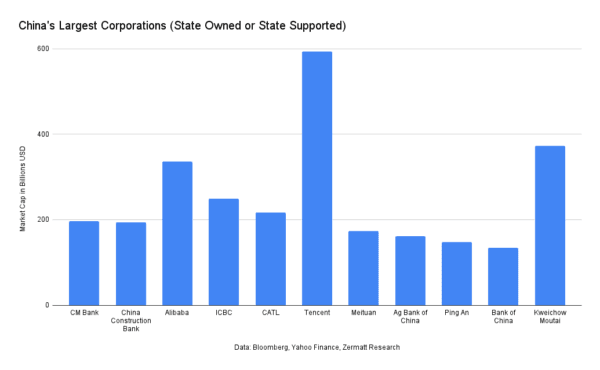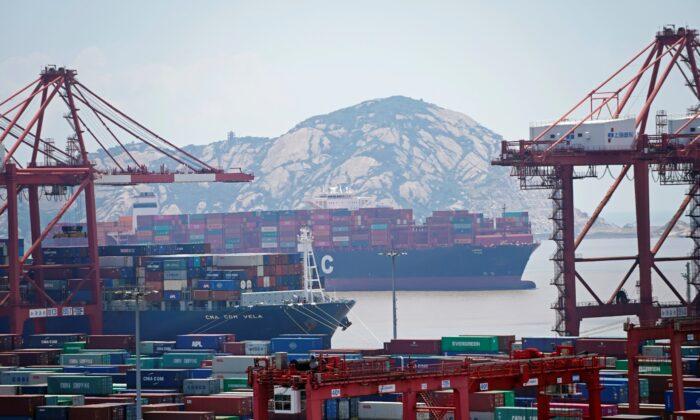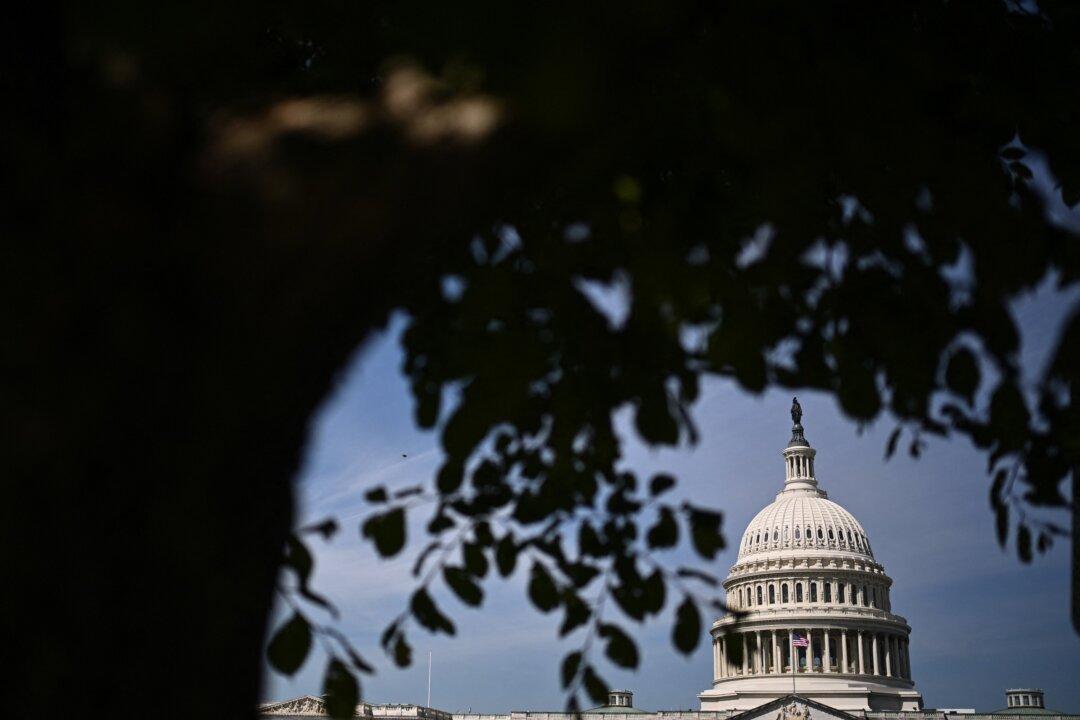China’s version of capitalism is not capitalism in any form, it is socialism hidden under the guise of state capitalism and led by an authoritarian Marxist–Leninist one-party state.
Internationally China is acting in retaliation against the success and freedom of Western markets, and has a unified goal to destroy capitalistic economies from the system within. How is it doing this? By pretending to participate in capitalism while simultaneously playing by its own rules to benefit the Chinese Communist Party (CCP) economically and politically.
Historically China was a superpower from the 1st century to the 19th century, but it suffered great defeat in the 19th century as Western markets found success during the first and second industrial revolutions. Prior to reforms, the Chinese economy was largely centered around rural life, state-owned enterprises, central planning, and British-controlled Hong Kong.
In 1978, CCP leader Deng Xiaoping introduced the socialist market economy—118 years after the beginning of the second industrial revolution—and China began to implement a series of economic reforms.
The state capitalism we see today in China first began in the 1990s when the CCP began to strategically invest in small- and medium-sized businesses and large corporations. China also began to provide those corporations with government contracts, opportunities for growth in international markets, subsidies, protection from competition, and protection from Chinese antitrust regulation.
The CCP gains influence by providing companies and corporations direct equity investment, cheap loans, access to government contracts and state-backed monopolies. This economic model of state capitalism should really be called “CCP party-state capitalism.”
Regardless, the issue at hand is that China’s version of state-capitalism is a direct economic strategy utilized to benefit communism. Despite the fact that other forms of enterprise ownership occur (public-private ownership and purely private ownership), the state undoubtedly has absolute control.
In the fall of 2020, Hong Kong billionaire Jack Ma ran afoul of the CCP. His fintech subsidiary, Ant Group, was scheduled to raise $34 billion, in the process becoming the world’s largest IPO at the time, with a scheduled enterprise value over $300 billion.
Plans fell through soon after Ma was critical of Chinese banks, saying they operated with a “pawnshop” mentality; Ma’s comments angered CCP grandees. The IPO was shelved, and Ma disappeared for months. It was reported that CCP leader Xi Jinping shut down the operation personally. Later, Ant was fined over $2 billion and came under investigation. In April 2021, it was reported that Ant would become a financial holding company controlled by China’s central bank. This is a prime example of CCP control in the public markets. CCP political leaders will not allow challenges to their authority or critiques of their planning. Ant had achieved incredible growth but that growth came from Alibaba’s partnership with the CCP. As soon as Ma stepped out of line, the operation was shuttered and control was transferred to the CCP. Ma, one of the world’s wealthiest people with an estimated net worth of $30 billion, was essentially silenced by the CCP.

How significant is state capitalism in China?
Jude Blanchette, Freeman Chair in China Studies at the Center for Strategic and International Studies (CSIS) wrote on Jan. 22, 2021: “The problem is daunting. China now has more companies on the Fortune Global 500 list than does the United States (124 versus 121), with nearly 75 percent of these being state-owned enterprises (SOEs). Three of the world’s five largest companies are Chinese (Sinopec Group, State Grid, and China National Petroleum).”
On China’s SOEs, he continued: China’s largest SOEs hold dominant market positions in many of the most critical and strategic industries, from energy to shipping to rare earths. The combined assets for China’s 96 largest SOEs total more than $63 trillion, an amount equivalent to nearly 80 percent of global GDP. The size and scale of these entities is partly a function of China’s massive domestic market, but more important is the fact that SOEs operate in strategic sectors.”
The arrangements are not so straightforward and blur the lines significantly in the name of party-state capitalism.
If the free market economies of the world continue to allow China to use the capital markets for political gain, then there is a clear and present risk to American investors in Chinese securities, and a clear risk to free market corporations of the world that compete with China’s subsidized industries.





